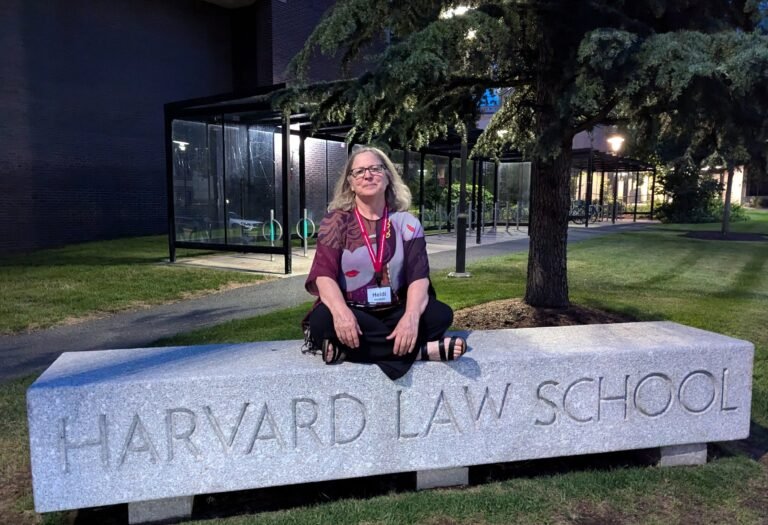
Obsessive-Compulsive Disorder (OCD) is more than just being super clean or liking things a certain way. It’s a real mental health condition that can make everyday life very hard. But what if a surprising treatment—psilocybin, the active ingredient in “magic mushrooms”—could help?
Let’s take a look at what OCD is and how researchers are studying psilocybin as a new way to treat it.
What Is OCD?
OCD stands for Obsessive-Compulsive Disorder. People with OCD can have:
-
Obsessions: unwanted thoughts that keep coming back (like fear of germs or something bad happening).
-
Compulsions: things they feel they must do over and over to feel safe or “just right” (like washing hands or checking locks).
OCD can be really stressful and exhausting. And while many people get better with therapy and medicine, not everyone does.
So… What’s Psilocybin?
Psilocybin is a natural substance found in certain mushrooms. When taken in small, controlled doses—usually with professional support—it can create strong changes in how a person thinks and feels.
It may sound wild, but scientists are now studying it seriously as a possible treatment for mental health conditions like depression, PTSD, and yes—OCD.
What Does the Research Say?
Here’s a quick look at what scientists have found so far about psilocybin and OCD:
🧪 Animal Studies
Early lab research in animals showed that psilocybin may affect serotonin, a brain chemical that helps control mood and behavior. Since OCD is tied to problems with serotonin, this got researchers curious.
🔬 Human Studies
-
2013 Study (Moreno et al.): A small group of people with OCD took psilocybin in a carefully monitored setting. Many of them saw a big drop in their symptoms—even after just one session.
-
2018 Johns Hopkins Study: Not about OCD directly, but showed psilocybin helped people with serious anxiety and depression. It gave scientists hope it could help with other mental health conditions too.
-
2021 Study (Leary et al.): In a more controlled trial, people with OCD again showed real improvement after taking psilocybin.
-
2022 Harvard Study: Suggested that psilocybin might help “unstick” rigid thought patterns—the kind that cause obsessive thoughts and compulsions.
How Might It Work?
Psilocybin seems to activate a part of the brain linked to flexible thinking. That’s a big deal because people with OCD often feel trapped in repetitive thoughts and behaviors. Psilocybin might help “reset” those brain patterns, giving people space to think differently and feel relief.
Risks and Caution
This isn’t something you try on your own. While psilocybin shows promise, in a few people it can also cause:
-
Hallucinations or strong emotions
-
Anxiety or panic in unsafe settings
-
Problems if someone has a personal or family history of psychosis
That’s why studies are done in safe, supported environments with medical professionals nearby. This treatment is still being researched, and it’s not yet approved for general use.
Why It Matters
For people whose OCD doesn’t get better with therapy or medication, psilocybin might be a helpful option. But more research is needed, and any treatment involving psychedelics should always be done with care and supervision.
Final Thoughts
OCD is tough—but there’s hope. Whether it’s through therapy, medication, or exciting new research into psychedelics, the future is looking brighter for people who live with OCD every day.


